Spring is here! Or near, depending on your geography. If you are getting excited to start beekeeping, we can appreciate how hard the wait can feel. Here are a few bits of advice gained from our own experiences and lessons we have learned, as well as wisdom shared with us by other beekeepers.
Research, thoroughly, before starting
Books, videos, and beekeeping forums will be your very best tools, even more valuable than your hive tool! We recommend reading as much as you can and watching beekeeping videos which will often show what not to do as well as best practices.
After a dearth of beekeeping resources through the 1990s until recently, so many insightful new books have been published specifically targeting backyard and hobby beekeepers. Read as many as you can!
By joining online beekeeping forums you will learn a lot by reading through topic and comment threads. In learning from the experiences of other beekeepers, you will soon parse what your own management style might be a
nd how to identify what you want out of beekeeping by considering the different benefits and drawbacks of different management styles.
Take classes, too! There are classes available through local beekeeping groups, state beekeeping associations, and educators, such as Hilary Kearney at Girl Next Door Honey. You will want to have a hive in place and line on bees by winter so that once spring arrives, all you need to do is pick up your bees and install!
Let the bees teach you
Plain and simple: we don’t know better than the bees do. We don’t know what they need more than they do -- they’ve been doing this for millions of years! The best advice we can share is to sit back, watch your hive entrances, and listen to the sounds coming from the hive. By doing so, you will learn more than you do almost every time you open a hive to manage it! You will witness training flights, booming populations or troubled, low populations, pollen gathering, returning foragers, guard behavior, drone eviction and way more. Very seasoned beekeepers often know exactly what the inside of their hive looks like from simply observing the entrance, hearing the bees behavior, and noting the scents being emitted from of the colony.
Bees need less management than you think they do
Though it can be hard for new beekeepers, it's important to remember that there is a balance to hive management -- not too much and not too little. Repeatedly pestering the hive means that the bees are not working and foraging, but paying attention to you. On the other hand, leaving a hive to its own can mean cross comb, chronic swarming, or absconding. As their whole purpose is to build up honey and food stores so their colony can thrive through winter, you can see how either of these situations might be problematic! Most beekeeping management is done in order to make sure the colony has enough space to keep building and filling comb, and to be certain a queen is laying eggs.
Propping up a weak colony with treatments and feed every year is just delaying the inevitable.
We know some eyebrows raise when we say that, especially for beekeepers who do not adhere to a natural beekeeping philosophy. Of course, if you buy a package of bees and they arrive while it’s still raining or snowing in your area, you’ll absolutely need to feed until the first forage and clear weather is available. If however you catch a swarm of bees, rarely do you need to feed.
To treat for mites and other pests and diseases can be a hard decision for some beekeepers, as we of course want to set our bees up for success. It can be difficult to navigate when we are helping our bees with our efforts and when we are hindering them and their long-term colony health or chances at survival. Fostering a colony that is dependent on treatments, medications or even natural interventions, can decrease the colony's health long-term and perpetuate weaker genetics in the local bee population.
To this end, if you can afford to do so, we recommend starting two colonies versus one. Bees can be (very sadly) good at dying. They face a host of problematic issues ranging from chemical pesticides applied to local forage, to varroa mites, and many other honeybee pests and diseases. There is no worse feeling as a new beekeeper than losing your one and only hive in the first year of beekeeping! Having two colonies housed in the same
type allows a beekeeper to have interchangeable parts and to be able to take brood or honey from one and share it with the other if need be.
Being a good beekeeper means being a responsible beekeeper.
By that we mean being responsible to your community with regard to keeping your apiary tidy (so that it doesn’t attract pests), and managing for space regularly so that you deter excessive swarms. We find one primary swarm per year to be ideal; it propagates more bees into the local area, and since it is coming from a strong colony that overwintered, those are generally strong genetics.
You will make mistakes
As beekeepers, we often don’t like to talk about our mistakes because it’s upsetting and is admittance that despite our very best intentions, we are all lose bees and mess up from time to time.
Mistakes and large-scale losses, generally make beekeepers want to work harder and more for their bees. Overall, colony losses are generally not decreasing or getting better, and it’s possible that maybe, just maybe, the methods and bees we are working with as backyard and hobby beekeepers will aid researchers and local bee populations in thriving, thus increasing survival rates over the seasons to come. And that, is truly a worthy enterprise, well worth the learning curve.
It’s always important to remember that beekeeping is agriculture, subject to the whims and moods of nature, as well as environmental factors. There can be a lot of loss in beekeeping, and a lot of humbling experiences. It’s equally important to remember that honeybees are a superorganism. Individual bees cannot survive without the colony. As pet lovers and members of a culture that generally values mammals, new beekeepers often bring an attitude that honeybees are companions, versus a single-minded colony that requires good stewardship.
You will get stung
Most budding beekeepers realize this, but it’s sometimes surprising how often we still hear this question. It’s important to remember that stinging is generally a last resort for a honeybee that feels threatened or perceives a threat. Honeybees don’t want to sting, as their barbed stingers mean that they immediately perish, unlike many types of wasps that can sting repeatedly.
What new beekeepers often don’t realize is that each colony has a different character, and all colonies go through cycles based on the season. Sometimes an aggressive hive, often called a "hot" hive, can be made more docile by splitting the hive or replacing the queen. But, by and large, a hot hive will often be found next to a docile hive, which is next to an even calmer one. As a beekeeper you will come to know your hives and which you feel most comfortable wearing full gear to work with and which might require simply a veil and gloves.
Similarly, seasons will affect your colonies. The focused bees of spring are often disinterested in the beekeeper, intent only to forage and produce honey. Therefore it can be a surprise in autumn when a usually calm colony will fiercely defend all of their hard work and guard vigilantly against robbers.
Beekeeping can be addictive, therapeutic, and rewarding. Thankfully there are many resources for backyard, rooftop, hobby, and sideline beekeepers; far more than there were even five years ago! If you are considering becoming a beekeeper, find a buddy who has bees and spend time in and around the hive with them. It is great to have support and encouragement, especially in the first years of beekeeping when the learning curve is largest. Now, go forth and bee!


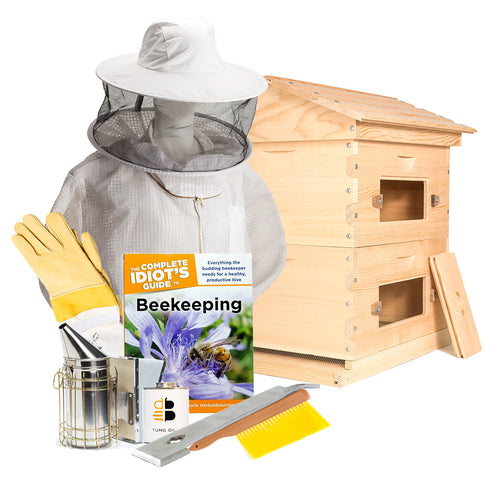
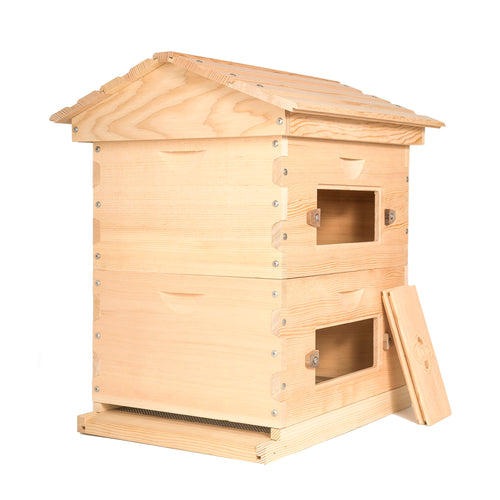
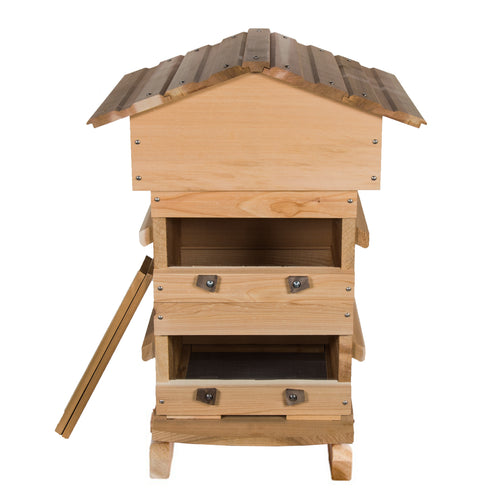
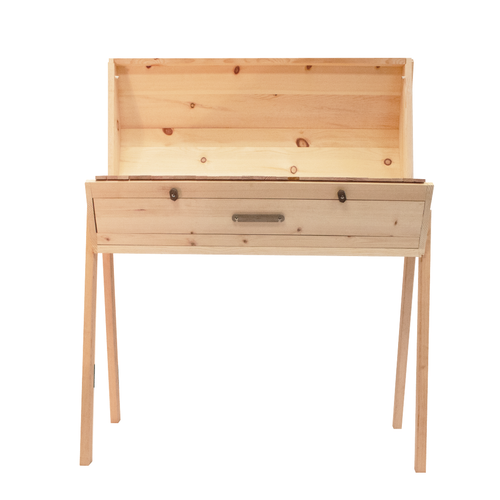
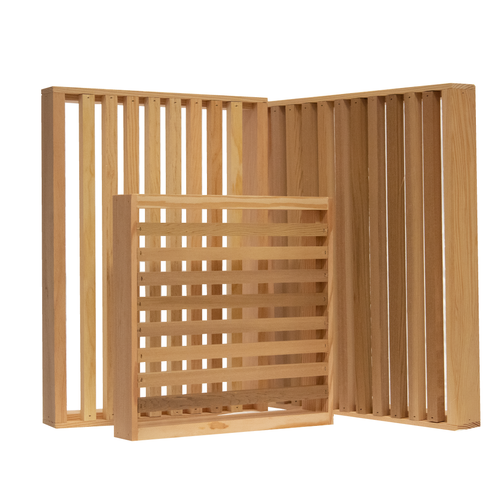
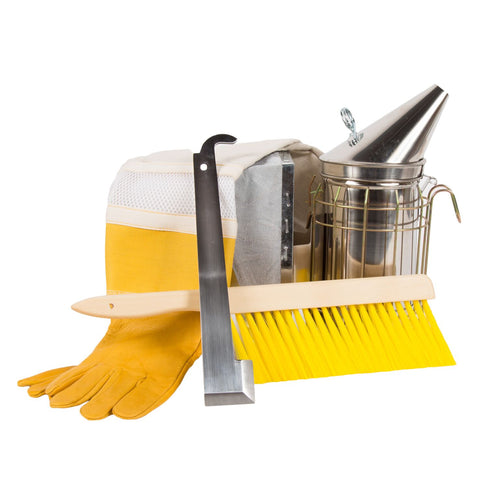
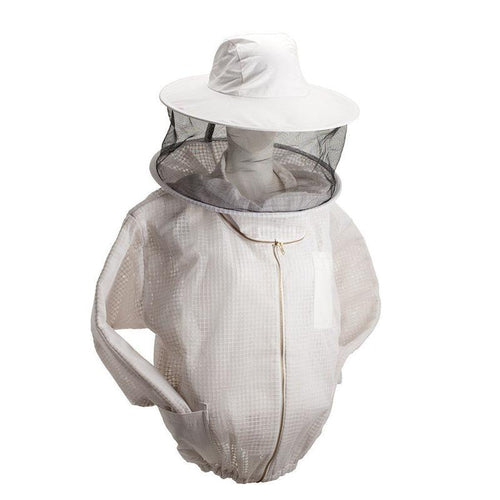
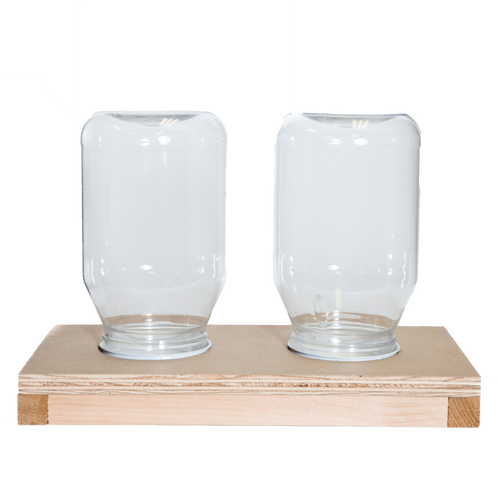
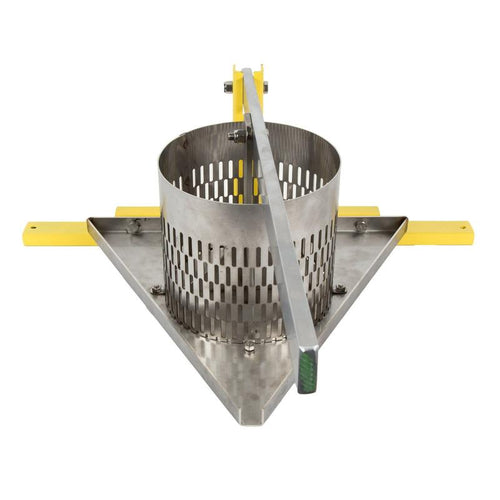
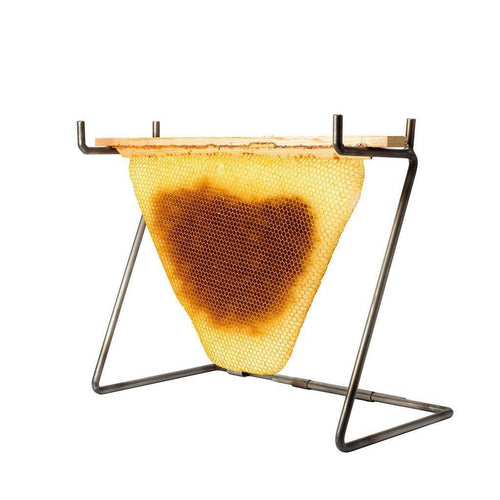
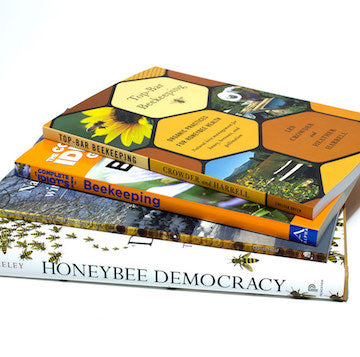
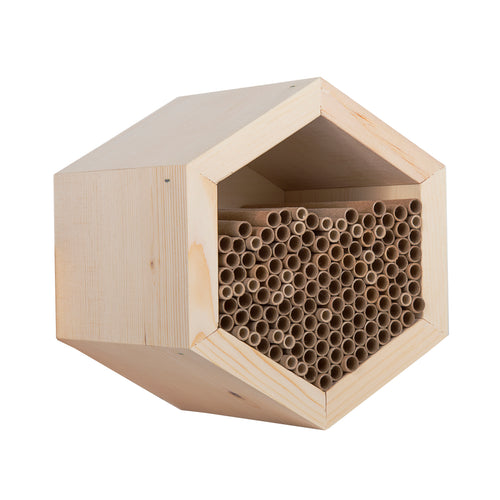
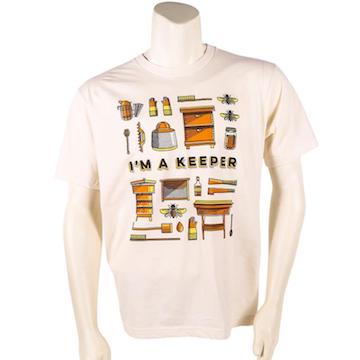






Dennis
May 18, 2018
How do I get started? What do I do first ?